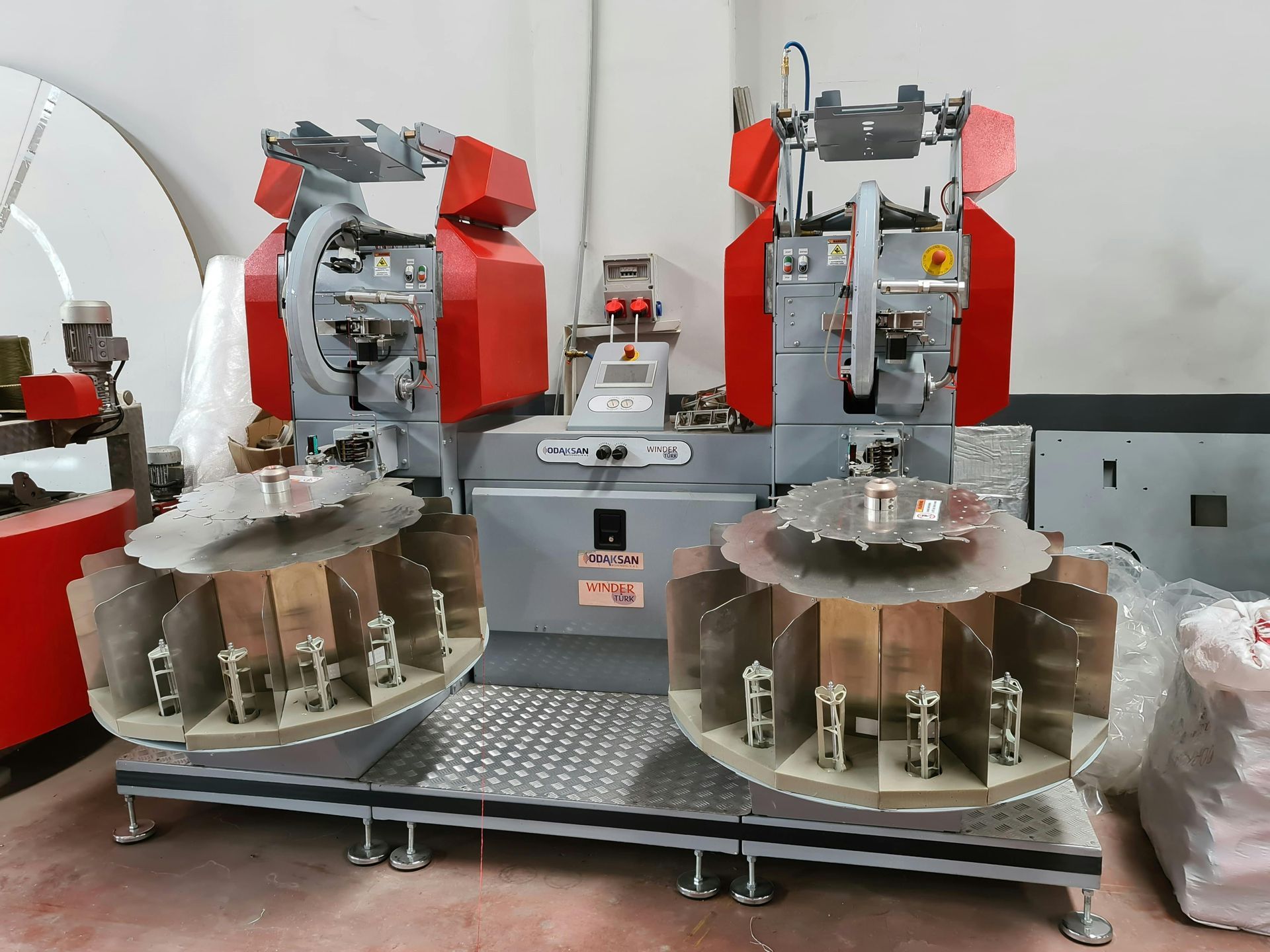Can you trust your Deed?
Clarke McEwan Accountants
I have lost count of the number of clients who think their self-managed super fund (SMSF) trust deed is like those blue-chip shares they bought two decades ago – you can put it at the bottom of the drawer and forget about it.
Nothing could be further from the truth.
The fact is, your trust, the document that oversees the operation of your fund, is a living, breathing document that you need to keep revisiting to ensure it remains up to date and that it gives the trustee the authority to carry out his/her duties within the framework of the superannuation legislation.
It's worth remembering that the rules governing SMSFs are onerous, and that the regulators expect people who decide to manage their own superannuation to play by the rules of the game. It might be "your money", but it's "their rules".
So how do you know whether your deed needs updating? To begin with, practically every deed drawn up before 2008 needs to be amended to take account of the changes implemented under the Simpler Super reforms. If your adviser hasn't told you about these changes then they have been remiss, and it certainly should be top of mind when you see them next.
There is no shortage of examples of where legislative change could put the actions of a trustee under a cloud. They can relate to: someone remaining a fund member past 65 years of age where the deed requires their benefits to be paid out; substantial changes in the areas of temporary disability benefits and in-house asset tests; and the payment of reversionary pensions.
This list is far from exhaustive. And, let me assure you, the changes will keep coming, so remain vigilant.
On the flipside, failure to update your trust deed can limit your actions as a trustee in many ways. Let me give you some examples. The fund continues to operate even though the deed quite clearly states it should be wound up because of a certain event has occurred, such as the death of a fund member.
Other examples include: accepting payments from fund members outside the parameters stipulated by the deed; entering into a limited recourse borrowing arrangement when the deed does not provide for this; allowing a fund member to enter into a transition to retirement arrangement when the deed specifically forbids this; and stopping a pension where internal roll-back is not allowed.
As I said at the beginning, there can be dire consequences for acting outside the parameters of your trust deed. You could attract the (unwanted) attention of the Australian Tax Office and that could lead to financial sanctions. They could even decide to wind up your SMSF.
There is the possibility of losing tax benefits as well.
The trust deed is the engine room of your SMSF. It sets the framework for its smooth operation. Like every engine it needs a regular fine-tuning by an SMSF specialist to ensure it's in smooth running order. So the question to ask is: when is my trust deed's next check-up due?
If you think your Deed may need a review, contact us.








